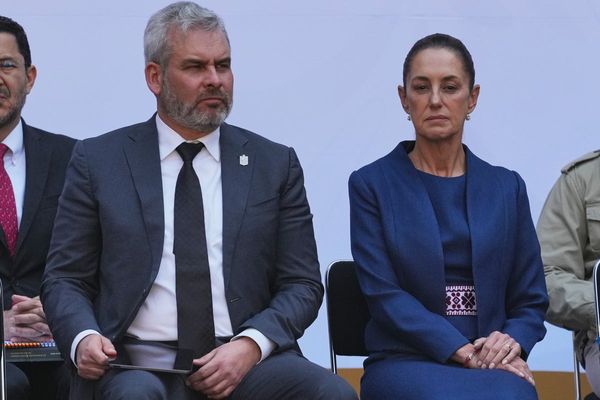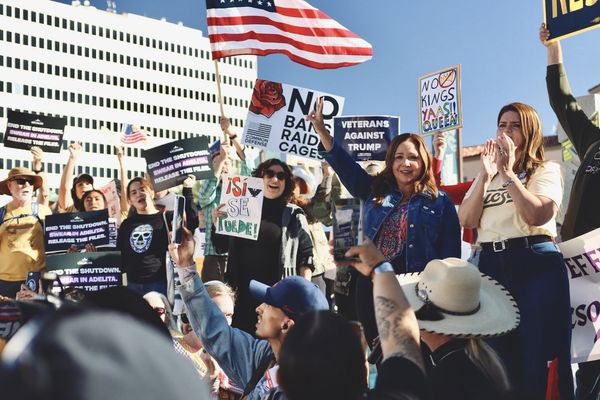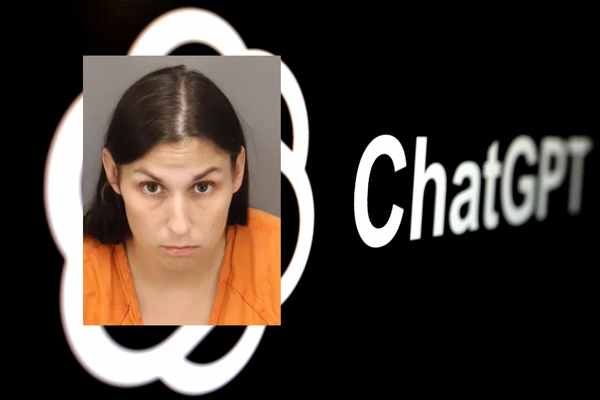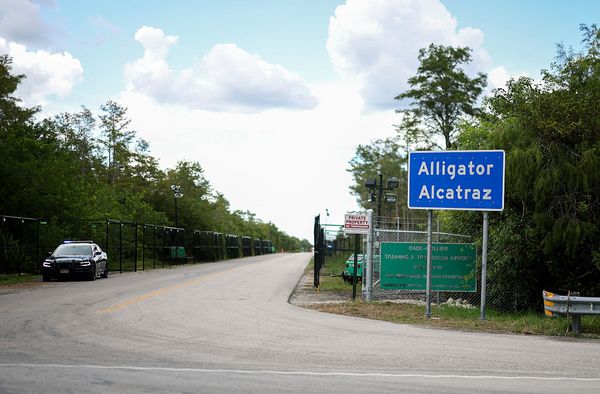
When Keir Starmer spoke at Guildhall School of Music and Drama this week, promising to place the arts at the centre of a Labour government, the fact that he had made the speech at all was more remarkable than the detail of what he said. Particularly since, as is customary from the Labour leader and his senior team, the speech was short on detail. Starmer promised that the school curriculum would be reviewed to end the downgrading of arts subjects – absent as they are from the Tories’ EBacc. He promised to support freelancers’ rights, crack down on ticket touting and improve access to creative apprenticeships. That was more or less it.
Except that it wasn’t. The substance of the speech was in the language. Starmer was speaking without a hint of embarrassment about things from which Labour has often flinched. He spoke about playing the flute in his childhood – of all the effete-sounding instruments! – and talked about the arts as something enriching, personal, transformational. “Everyone here will know that feeling,” he said. “Of losing yourself, and finding something new in that space art creates. These encounters with art and culture change us for ever. They certainly changed me for ever.”
What a contrast with the last Labour government: despite pouring in funding that turned around the fortunes of regional theatre and museums, Tony Blair barely mentioned culture at all, despite (or maybe because of) that famous evening soon after he was elected when he invited stars to a reception at No 10, and was famously photographed glad-handing Noel Gallagher. That image became totemic of a political culture’s shift away from an older, stuffier Tory order – but also risked seeming faintly ridiculous, a serious politician uncomfortably playing at being cool. The drought ended when Blair finally made a speech on the arts in 2007 at Tate Modern, but that was only months before he ceased to become prime minister, when it didn’t really matter any more. At the time, the great and the good of the cultural world found it faintly bemusing to hear Blair congratulate himself on Labour’s past record when what they wanted was to hear about the future – a future that, as perhaps they sensed even then, was going to look a good deal bleaker for them than the preceding decade.
Why was Blair so silent on the arts for so long? It was frustrating even to his own colleagues. “I used to scour his speeches in vain for mention of the arts,” his own former culture secretary Chris Smith told me, that day of the 2007 speech. At the time it was bewildering: there were, of course, occasional exceptions, but as a general rule, MPs known to be into classical music or theatre, who could have usefully championed them, would instead talk up their love of football, even when doing so seemed faintly spurious. The dread, presumably, was about seeming elitist or a “luvvie” (even now the “luvvie” word limps faithfully after Labour, with the Daily Mail using it to describe the actor James Norton, who supported Starmer’s arts speech this week). The idea of a senior Labour figure talking about his teenage years playing the flute at a London conservatoire, as Starmer did this week, would have been unthinkable during those years. (Possession of a guitar, as by Blair himself and the one-time culture secretary Andy Burnham, hovered just on the edge of acceptability.)
Things have changed. An odd little moment that seems to me key was when Angela Rayner was “caught out” attending the opera at Glyndebourne in the summer of 2022 – yes, black-tie opera in an opera house set in the grounds of a fancy country house. The now disgraced Dominic Raab, then standing in for the then prime minister, Boris Johnson, at PMQs, tried to use that trip to Sussex against Rayner, lobbing an insult about champagne socialism. Niftily, Rayner responded: “My advice to the deputy prime minister is to cut out the snobbery and brush up on his opera. The Marriage of Figaro is the story of a working-class woman who gets the better of a privileged but dim-witted villain.” She also posted a photo of herself with Tom Eisner, the violinist from the opera orchestra who’d invited her to the festival. “It cost me £62,” she wrote. “Never let anyone tell you you’re not good enough.” Rayner, of course, had been Corbyn’s shadow education secretary; the James Joyce-loving former Labour leader actually did have an arts strategy, however much of a fantasy, with its promise to increase funding for the arts to European levels, some may consider it now.
Rayner, in that series of statements, was actually embodying old-fashioned Labour values: that everyone, no matter their background, should be able to have access to temples of high culture. These were values that New Labour may not have quite forgotten, but forgot to own up to. At last, Labour – especially its cello-playing shadow culture secretary, Thangam Debbonaire – is speaking with fluency and confidence about the arts. It is about time. The problem is that the many problems faced by the arts in Britain – from the collapse in local authority funding to the status of the arts in schools – need money to get fixed. Starmer has repeatedly warned that “it would not be fair of me to suggest that we can turn the taps on” until the economy is in better shape – despite the small amounts, relatively speaking, that could get the arts back on to a less perilous financial footing. Last time there was a Labour government, it was a case of no talk and all action. The danger is that this time around the reverse may be true.
Charlotte Higgins is the Guardian’s chief culture writer
This article was amended on 15 March 2024 to remove an erroneous reference to Angela Rayner having been Jeremy Corbyn’s deputy







